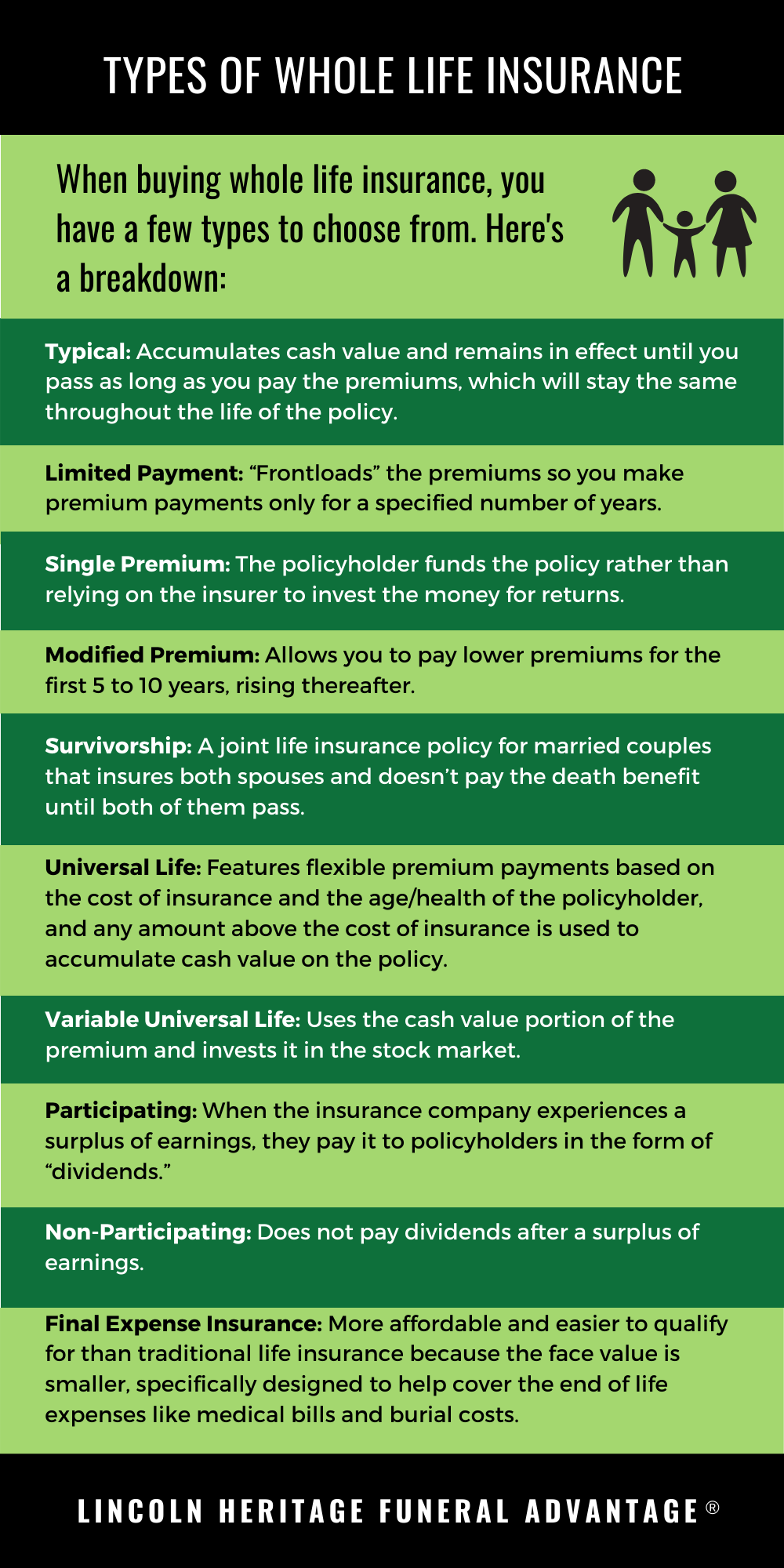In Case of a Car Accident: What to Do
Navigating the aftermath of a car accident can be a daunting experience, but knowing the proper steps to take can help you stay calm and protect your rights.
Contact the Police
If there has been an accident, you should call the police. Doing so serves several crucial purposes. First and foremost, it documents the incident with an official report, providing evidence for insurance claims and legal proceedings. The police will also assess the severity of the accident and determine if any charges should be filed.
Moreover, calling the police can ensure the safety of all parties involved. They can direct traffic, prevent further accidents, and summon medical assistance if necessary. In some cases, police presence may also help deter attempts at insurance fraud or hit-and-run incidents.
Gather Information
Once you’ve contacted the police, it’s important to gather as much information as possible about the accident. This includes obtaining the other driver’s name, address, phone number, and insurance information. You should also take photos of the accident scene, including any damage to vehicles or property. If there were any witnesses, make sure to get their names and contact information.
Exchange Information
After gathering your own information, you should exchange it with the other driver. This includes providing your name, address, phone number, and insurance information. It’s essential to be polite and cooperative during this process, even if you’re feeling shaken up.
Report the Accident to Your Insurance Company
Promptly reporting the accident to your insurance company is crucial for initiating the claims process. The insurance company will assign an adjuster to investigate the accident and determine what benefits you’re entitled to. It’s important to provide your insurance company with all the information you’ve gathered, including the police report, photos, and witness statements.
Seek Medical Attention if Necessary
Even if you don’t feel injured at the scene of the accident, it’s important to seek medical attention as soon as possible. Some injuries, such as whiplash or internal bleeding, may not manifest themselves immediately. By getting checked out by a doctor, you can ensure that you receive proper treatment and documentation of any injuries.
In Case of Car Accident: What to Do
If you find yourself in the unfortunate situation of being involved in a car accident, it’s natural to feel shaken up and overwhelmed. The adrenaline pumping through your veins can make it difficult to think clearly, but it’s important to remain calm and collected. Here’s a comprehensive guide to help you navigate the immediate aftermath of a car accident:
Check for Injuries
First and foremost, check for any injuries to yourself and your passengers. If anyone is seriously hurt, call 911 immediately. If the injuries are minor, you can move to the side of the road if possible.
Stay Calm
It’s understandable to be shaken up after an accident, but try to stay calm. Panicking will only make the situation worse. Take a few deep breaths and focus on assessing the situation.
Exchange Information
Once the police arrive, they will assist you in exchanging information with the other drivers involved in the accident. This includes your name, address, phone number, insurance information, and license plate numbers. It’s also helpful to take photos of the damage to both vehicles.
Report the Accident
You are legally required to report any car accident to your insurance company, even if there are no injuries. Your insurance company will need to know the details of the accident and will likely send an adjuster to inspect the damage. You should also file a police report, which will provide an official record of the accident.
Get Medical Attention
Even if you don’t feel injured at the scene of the accident, it’s important to see a doctor as soon as possible. Some injuries, such as whiplash, may not show up immediately. A doctor can evaluate your injuries and recommend treatment if necessary.
Hire an Attorney
If the accident was serious and you sustained significant injuries, you may want to consider hiring an attorney. An attorney can help you negotiate with the insurance company and fight for your rights. However, it’s important to note that not all accidents require an attorney.
Stay Safe
After a car accident, it’s important to prioritize your safety. If you are able to move your vehicle, do so to a safe location. Turn on your hazard lights and stay in your car until help arrives. If you are unable to move your vehicle, stay inside and wait for help.
In Case of Car Accident: What to Do
A car accident leaves you feeling shaken, confused, and overwhelmed. You may not know what to do next. However, staying calm and taking the appropriate steps can help protect your safety, rights, and well-being.
Take Photos
Take pictures of the damage to your car and the other vehicles involved in the accident. This will help document the extent of the damage and provide evidence for insurance purposes. Take photos of the scene, including any debris, skid marks, and traffic signs. These photos can help reconstruct the accident and determine fault.
Call the Police
Call the police to report the accident, even if it appears to be minor. The police will create an accident report, which will serve as an official record of what happened. The report will include information about the drivers involved, the vehicles, the damage, and any witnesses. The police can also direct traffic and help keep the scene safe.
Get Medical Attention
If you or anyone else involved in the accident is injured, seek medical attention immediately. Even if your injuries seem minor, it’s important to get checked out by a doctor. Some injuries, such as whiplash, may not manifest immediately.
Exchange Information
Exchange information with the other drivers involved in the accident. This includes your name, address, phone number, insurance company, and policy number. You should also get the names and contact information of any witnesses. This information will be essential for insurance and legal purposes.
Contact Your Insurance Company
Contact your insurance company as soon as possible after the accident. They will guide you through the claims process and help you get your car repaired or replaced.
In Case of Car Accident: What to Do?
Car accidents are a fact of life, and no matter how careful you are, there’s always a chance you could be involved in one. That’s why it’s important to know what to do if you’re ever in a car accident. Here are a few tips to help you stay safe and protect your rights.
Stay Calm
The first thing you need to do after a car accident is to stay calm. It’s natural to feel shaken up after a crash, but it’s important to keep your wits about you so you can make the best decisions for your safety and well-being. Take a few deep breaths and try to assess the situation.
Check for Injuries
Once you’re calm, check yourself and your passengers for injuries. If you’re injured, don’t try to move. Call 911 immediately and wait for help to arrive. If you’re not injured, check on the other driver and passengers involved in the accident.
Move to Safety
If you’re able to move, get out of the road and into a safe location. If you can’t move, stay in your vehicle and wait for help to arrive. Turn on your hazard lights to alert other drivers to your presence.
Call the Police
Even if the accident is minor, it’s important to call the police. They will create a police report that will document the accident and provide you with a copy for your records. The police report can also be helpful if you need to file an insurance claim.
Exchange Information
Once the police arrive, exchange information with the other driver(s) involved in the accident. This information includes your name, address, phone number, insurance company, and policy number. You should also take pictures of the damage to both vehicles.
Get Witness Information
If there are any witnesses to the accident, get their names and contact information. Witnesses can provide valuable information about what happened, which can be helpful if you need to file an insurance claim or take legal action.
Don’t Admit Fault
It’s important to remember that you should never admit fault after a car accident. Even if you believe you are at fault, it’s best to let the insurance companies and the police determine who is responsible.
Hire an Attorney
If you or someone you know has been injured in a car accident, it’s important to contact an attorney. An attorney can help you protect your rights and get you the compensation you deserve.
In Case of Car Accident, What to Do?
After the heart-pounding moments of a car accident, it’s easy to feel like a deer caught in headlights. But don’t panic! Here’s a step-by-step guide to help you navigate this stressful situation and protect your interests.
Stay Calm and Safe
First things first: Take a deep breath and assess the scene. If possible, pull over to a safe location. Check for injuries to yourself and any passengers. If injuries are severe, call for emergency services immediately.
Exchange Information
Once you’re safe, collect information from the other driver(s) involved in the accident. This includes their name, contact information, insurance company, and policy number. Get the make, model, and license plate number of their car as well.
Document the Scene
Take photos of the damage to both vehicles and the surrounding area. Capture any skid marks, traffic signs, or other details that could help reconstruct the accident. If possible, obtain witness statements from bystanders or other drivers.
Call the Police
In most cases, it’s advisable to call the police to report the accident. They’ll create an official report that can serve as evidence in case of disputes later on. Also, it’s especially important to call the police if there are injuries, significant property damage, or if you suspect the other driver was impaired.
Report the Accident to Your Insurance Company
Promptly report the accident to your insurance company. Provide them with all the information you’ve gathered, including the police report number (if applicable). Your insurance company will assign an adjuster to handle your claim and guide you through the process.
Don’t Admit Fault
It’s crucial not to admit fault at the scene of the accident. Even if you believe you were responsible, it’s best to let the insurance companies and the police determine liability. Anything you say can be used against you later.
Seek Medical Attention
Even if you don’t feel injured right away, it’s essential to get checked out by a medical professional. Some injuries, like whiplash, may not manifest immediately. Your doctor’s report can also support your insurance claim.
Preserve Evidence
Keep all documents, photos, and other evidence related to the accident in a safe place. This may include medical records, witness statements, and correspondence with your insurance company. This evidence can be invaluable if your case goes to court.
Be Patient
Insurance claims can take time to process. Be patient and work with your adjuster to gather the necessary information. Don’t settle for less than what you deserve, but also don’t be unreasonable in your demands.
In Case of Car Accident: A Comprehensive Guide to Protect Yourself and Your Rights
A car accident can be a frightening and confusing experience. If you find yourself in this unfortunate situation, it’s crucial to stay calm and take the necessary steps to protect yourself and your rights. Here’s a comprehensive guide on what to do in case of a car accident:
1. Ensure Safety:
First and foremost, ensure the safety of yourself and any passengers. If possible, move your vehicle to the side of the road to avoid further accidents. Turn on your hazard lights and use flares or reflective triangles to alert other drivers.
2. Call the Police:
Immediately call 911 or your local emergency services. Report the accident and provide the location, vehicle description, and the extent of injuries, if any. The police will create an official accident report, which is essential for insurance purposes.
3. Exchange Information:
Exchange contact and insurance details with the other drivers involved. Note down their license plate numbers, vehicle make and model, and the names of their insurance companies. This information will be crucial for insurance claims.
4. Document the Scene:
Take pictures of the accident scene, including the damage to vehicles and any injuries sustained. If possible, get witness statements from bystanders who may have seen the accident. These documents will provide valuable evidence for your insurance claim.
5. Seek Medical Attention:
Even if you don’t feel injured immediately, it’s important to seek medical attention as soon as possible. Some injuries, such as whiplash, may not manifest symptoms right away. A medical examination will document any injuries and determine the necessary treatment.
6. Follow Up with the Police:
After you have reported the accident to your insurance company, follow up with the police to get a copy of the accident report. This document is crucial for proving fault and determining liability. Be persistent in obtaining the report, as it may take some time to process.
7. Contact Your Insurance Company:
Inform your insurance company about the accident as soon as possible. They will guide you through the claims process and assist you with repairs or replacements. Provide them with the police report, photos of the damage, and any witness statements you have gathered.
8. Hire a Lawyer (Optional):
If the accident was severe or involves complex legal issues, consider hiring an attorney. An experienced lawyer can represent your interests, navigate insurance claims, and fight for fair compensation.
9. Protect Your Rights:
Remember, you have rights after a car accident. Never admit fault or sign any documents without consulting with an attorney. Seek legal advice if you have any doubts about your legal responsibilities or if you feel your rights have been violated.




Leave a Reply